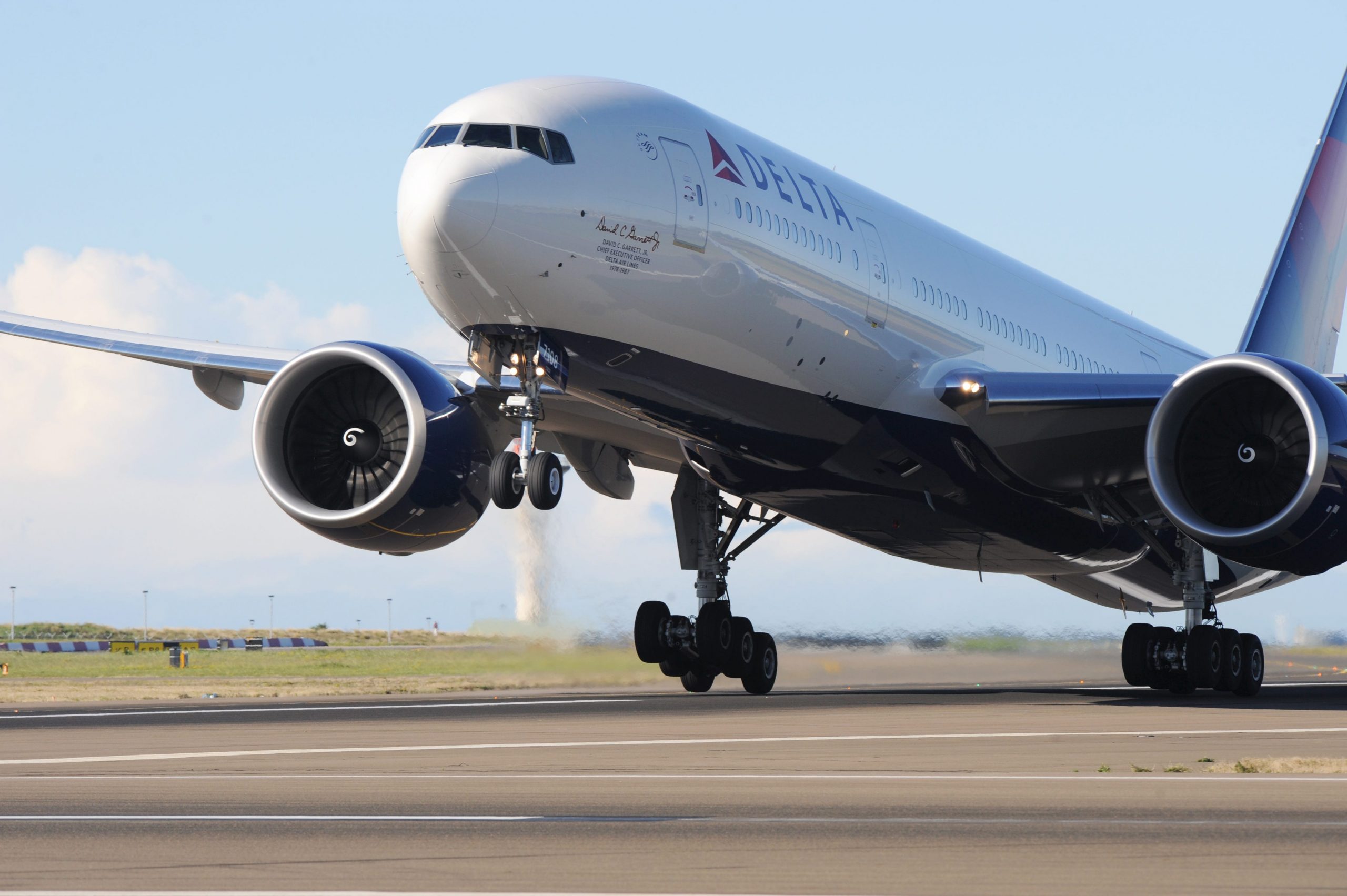
James D. Morgan/Getty
- Delta Air Lines said it will raise $6.5 billion by mortgaging its SkyMiles frequent flyer program.
- The airline will spin the program off into a separate holding company for the deal, something United pioneered with a similar deal in July.
- Airlines, including Delta, continue to hemmorhage cash during the coronavirus pandemic.
- Visit Business Insider’s homepage for more stories.
Delta Air Lines will become the latest airline to raise cash by using the billions it earns from its frequent flyer program as collateral.
The airline said on Monday that it would raise $6.5 billion in loans backed by its SkyMiles program in a private notes offering.
Airlines have raised cash through the pandemic largely by offering physical assets like aircraft as collateral, as well as airline business assets such as slots, routes, and airport gates.
For US airlines, however, frequent flyer programs, with valuations in the tens of billions of dollars, offer another lifeline. While airlines frame their frequent flyer programs — fairly, in many cases — as being valuable for passengers, the rewards programs earn significantly more for airlines than they cost them.
Airlines make billions per year by selling frequent-flyer miles to their credit-card partners. In turn, the credit card companies issue them to cardholders as spending rewards.
For example, American Express, which issues co-branded credit cards with Delta, purchases the airline's miles and issues them to customers as a reward for spending, typically at a rate of 1-2 miles per dollar spent on the relevant credit card.
American Express paid Delta $4.1 billion for miles in 2019, according to a Delta filing with the Securities and Exchanges Commission. The airline earned a grossed $6.1 billion last year from mileage sales.
The loan offer required Delta to spin the SkyMiles program off into a separate, wholly-owned subsidiary: SkyMiles IP Ltd. The move should have no impact on customers.
Airlines have seen revenue plummet during the coronavirus pandemic, with demand falling as much as 97% during the peak of the crisis in April.
Although there has been a slight recovery, travel demand remains stagnant at about 30% of 2019 levels, and airlines say they do not expect a complete recovery until 2024.
Delta is still burning $27 million per day as the demand recovery stalls. The $6.5 billion loan would give it an additional 240 days of runway at current burn rates, but the airline has told shareholders it will get its daily cash losses down to zero by the end of the year through staff leaves, reduced work schedules, and other cost-cutting measures such as grounding or retiring some of its older planes.. It also has $16.5 billion in liquidity on hand in addition to this loan.
Spinning the frequent flyer program off allows the airline to issue the program as collateral without exposing the rest of its business to creditors, while still maintaining full control over the program. United raised $6.8 billion in July using a similar maneuver.
American similarly offered its frequent flyer program as collateral for a $4.8 billion government loan through the CARES Act. Delta is also eligible for a loan under that program, but is seeking credit through private lenders instead.
In past downturns, airlines have sold large amounts of miles to credit card partners in advance. However, airlines typically have to offer a discount rate for such a sale, which would hurt potential future revenue.
